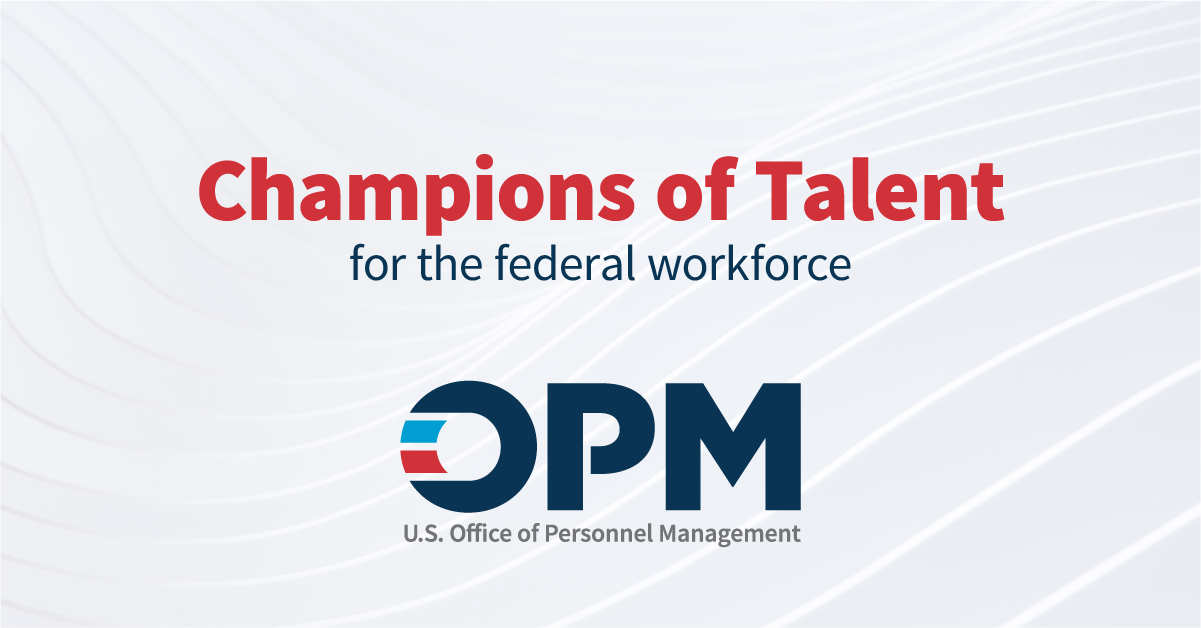@BC_89 Your source is wrong for this position on legal grounds. The very area that this person cites has a bunch of exceptions, and VA and IHS have them and do use it.
No officially, yes unofficially. The requirement is No in VA for clinical positions, because of an exception that overrides Title 5 with respect to Title 38 selections for NTE and educational positions. For IHS which is Title 42, also no as the requirement, because of an exception in Title 42 and Title 48 that overrides Title 5 for selections that are not to uniform for a health profession. Again, veterans preference does not officially apply in these scenarios. They do apply to the fixed permanent positions in Title 42 and to Title 5 Hybrids with 38, 42, or 48 authority as a selection group can use (or in Title 48's case, is required to use preference).
Now, unofficially, even though it is not mandatory, the unofficial policy is that should a veteran apply and is NOT selected over similarly qualified candidates, HR for the agency and possibly the DoD gets involved with this at OPM. It is the usual practice that if a veteran meets the general requirements and is competitive (not necessarily the best), the residency position is to be offered to him or her on consideration. In practice, because there are so few veterans who do apply, their hiring for residencies is basically a matter of if they are not disqualified, they get hired. YMMV at some places, but that's the general stance even without official preference.
Also, the Title 38 and Title 42 authority may waive their own immunity from the requirement, and treat Veterans preference as part of the application. It has been my understanding that all VA Title 38's have waived their immunity from Title 5 Veterans Preference for the last five or so years for all Title 38 and hybrid permanent positions at the hospital (field), so in that case, they definitely will take official veterans preference. But again, they don't have to. Many of the technical, Regional (VISN and Region), and Headquarters (CO) positions do not waive their immunity and thus do not enforce veterans preference on the hire.
Now, for tribal hires, Title 48 actually overrides even Title 42, so if you happen to have tribal membership to a federally recognized degree, there are actually unusual hiring provisions in the Department of Interior and appeal rights. I have not heard of a nonhired Native American who was not specifically disqualified that had an unsuccessful appeal before OPM if they applied to the IHS. In other words, if the Native American was nominally qualified with the degree and license, had no professional discipline, and were not fired from their last job, and had the nominal experience to hold the job (meaning for the director position, there had to be previous supervisory experience), their only real competition was from other Native Americans. This is also a rare circumstance, but if the candidate happened to have the right demographics, I would consider it impossible for them not to be hired to the position even with far better competition. Also, a weird effect of Title 48 is that they are allowed to discriminate on a tribal membership basis. A benign example of this is that the hiring authority can actually require a candidate to speak Hopi or Dine ("Navajo") as a necessity for the Title 5 position, where that would be blatantly illegal in most other positions. There's less benign examples out there.
One other matter, Title 10 does not have preference for uniformed positions, that's taken care of by your service jacket for reappointment status. For civilian positions that are not LEO (Law Enforcement), STRL (Scientfic Technical), or DEHA (Defense Expedited Hiring), veterans preferences will apply. For STRL or DEHA, they have similar organization and execution to VA's Title 38. For the pharmacists appointed to LEO (mostly those in the Inspector General service or the Rocky Mountain Arsenal), that is handled by LEO but your pay and retirement is on the LEO scale and not the pharmacist one (basically, you're paid a grade lower than a pharmacist, but have a 20 year retirement policy with no MRA).
Also for the VA, GS-11 for pharmacists is eliminated. I thought the timetable to transition all positions is now complete, but there might be a couple of exceptions.
